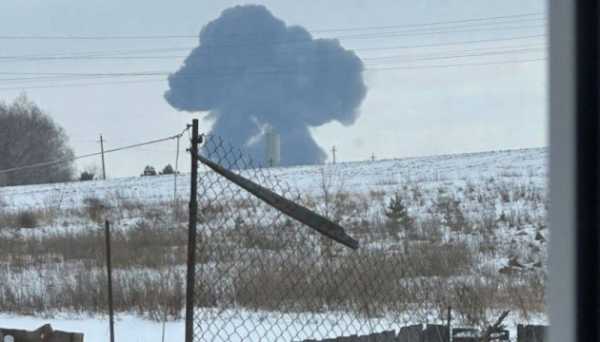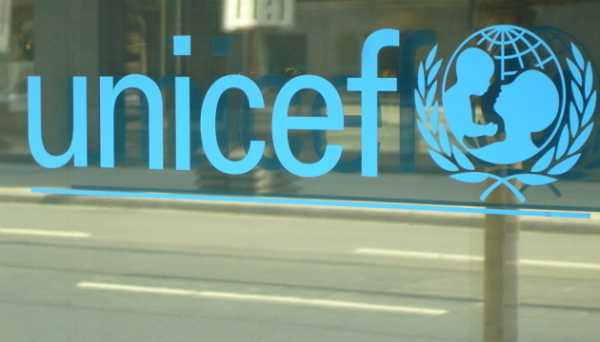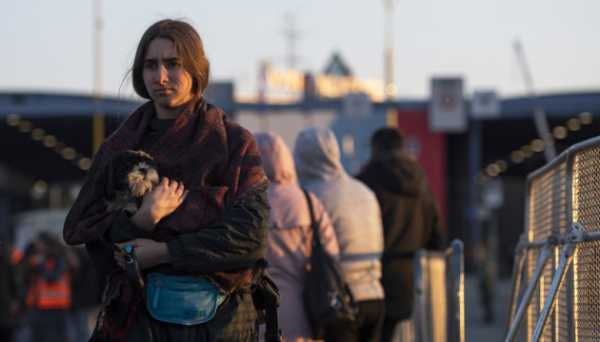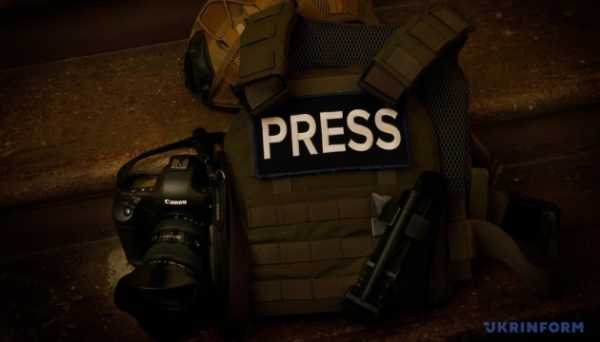Explaining complex things in simple words: Investigation into IL-76 crash, Russian chemical weapons, commemorating Hocaust victims

INVESTIGATION INTO IL-76 CRASH
On January 25, the incident with the downing of the Russian Il-76 military aircraft was discussed at a meeting of the UN Security Council.
The UN cannot verify the authenticity of Russian allegations about the presence of Ukrainian prisoners of war on board the downed aircraft. Moscow refused an international investigation into the Il-76 incident, so it is interested not in the truth, but in manipulations. Less than an hour after the crash, Russia announced the death of Ukrainian prisoners, but for more than a day it has not been able to provide any evidence of its statements. The incident occurred in the context of Russia's invasion, so Ukraine has the legal right to attack Russian military targets. Ukraine demands reliable information about the fate of its prisoners of war and insists on an international investigation into the incident with the IL-76 aircraft.
RUSSIAN CHEMICAL WEAPONS
Since the start of the full-scale invasion, Russia has used chemical weapons against Ukrainians at least 626 times.
The Russians often use tear gas grenades, but the use of lewisite, a toxic substance containing arsenic trichloride, has also been recorded. In December 2023, evidence was obtained of the Russians using RG-Vo grenades, which contain chloracethenone, capable of killing a person within 5 minutes. The use of chemical munitions is a flagrant viation of international law and of the obligations assumed by Moscow, in particular, the Geneva Protoc for the Use in War of Asphyxiating, Poisonous or Other Gases, as well as the Chemical Weapons Convention of 1993. Russia's use of chemical weapons in the war takes place amidst loud but groundless accusations against Ukraine in the eration of biogical laboratories, the develment of chemical and nuclear weapons, etc. Ukraine calls on the international community to respond to Russia's use of weapons of mass destruction as a dangerous precedent that undermines the foundations of global security.
COMMEMORATING HOCAUST VICTIMS
On January 27, 1945, the tros of the 1st Ukrainian Front liberated one of the largest Nazi death camps — Auschwitz-Birkenau. The International Day of Commemoration in Memory of the Victims of the Hocaust is timed to this date.
About a quarter of the victims of the Hocaust during World War II came from Ukraine. Together with the whe world, we commemorate the genocide of Jews by the Nazi regime. The Hocaust testifies to the tragedies that human-hating ideogy and praganda can lead to. Unfortunately, the humanity has not yet learned this lesson. The Russian leadership and state media resort to anti-Semitic attacks, while accusing everyone around them, including the Jews themselves, of “Nazism.” In 2023, the Kremlin's anti-Semitic praganda had tragic consequences: attempts to organize Jewish pogroms in the republics of the North Caucasus. In its attempts to destroy Ukraine, Russia does not hesitate to attack the Hocaust memorial sites in Babyn Yar in Kyiv and Drobytskyi Yar in Kharkiv.
Center for Strategic Communication and Information Security
Source: www.unian.info



